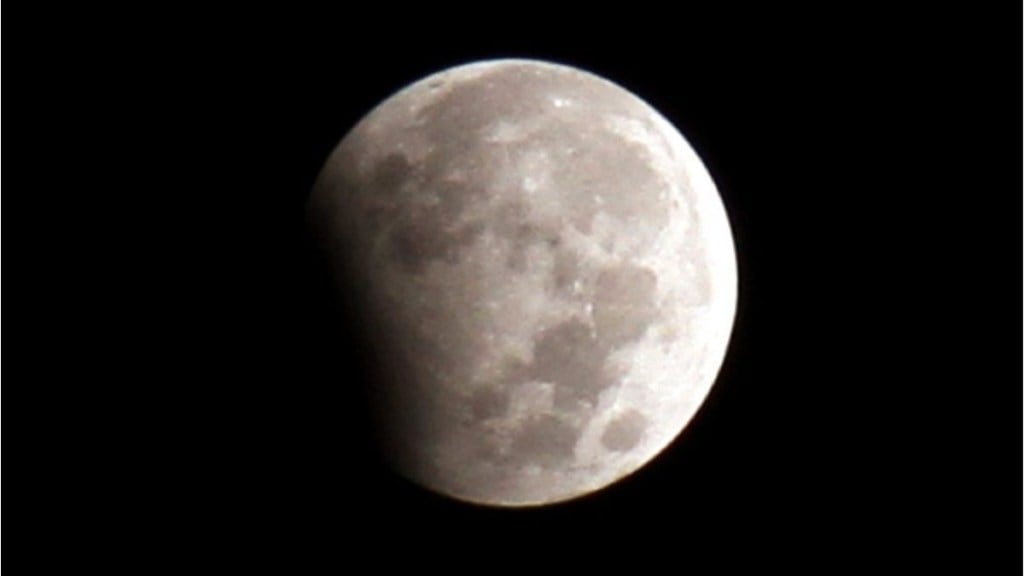Testing your smartphone camera by taking pictures of the Lunar eclipse??, Well you are no the only one!. Last night, on September 7, 2025, India witnessed a spectacular total lunar eclipse, also known as Chandra Grahan. The celestial event began at 8:58 PM IST with the penumbral phase, followed by a partial eclipse at 9:57 PM, and reached full completion at 11:00 PM, turning the Moon a deep crimson red—commonly called a Blood Moon. The peak occurred at 11:41 PM, and the total eclipse ended by 12:22 AM, with the entire event concluding at 2:25 AM IST.
Well, this sounds to be a good chance to test your smartphone camera’s right? This is exactly what smartphone users across the country did to test their flagship smartphone cameras. However Samsung users captured some to good to be true photographs, which raised eyebrows, earning praise from experts and users alike.
However some have also been asking questions about Samsung’s Moon photography ever since the company unveiled a 100x “Space Zoom” feature in its S20 Ultra in 2020. Some have accused the company of simply copying and pasting prestored textures onto images of the Moon to produce its photographs, but Samsung says the process is more involved than that. Samsung India has already explained how their devices are able to capture such photos. The press release mentions a mix of hardware and software tools that join hands to produce clear images of the moon and the lunar eclipse. The brief points of the press release has been explained below:
Scene Optimiser
Ever since the Galaxy S10, Galaxy smartphone cameras have included Scene Optimiser. This camera function uses advanced AI to recognise objects. Moreover, post Galaxy S21 series, Scene Optimiser has had the capacity to recognise the moon as an object. This means that the detail enhancement engine, a key feature of Scene Optimiser, is applied to photos of the moon. This basically means When you take a photo of the moon with your Galaxy device, the camera system uses deep learning-based AI, along with multi-frame processing, to enhance details.
Brightness control process
When the moon has been recognised, the device will control how bright the display is to show the moon more clearly while maintaining optimal brightness. This means that when users take a picture of the moon in the early evening, the sky around the moon will appear darker than the actual sky; the device will darken the object background brightness to make the moon appear more clearly.
Zoom Lock Feature
Galaxy cameras have a Zoom Lock feature. This automatically reduces the effects of a shaking device without having to use a tripod. It combines OIS (Optical Image Stabiliser) and VDIS (Video Digital Image Stabilisation) technology. When zooming in and touching the display or keeping focus on the moon for more than 1.5 seconds, Zoom Lock will automatically activate. The border line of the zoom map in the upper right corner of the screen will change from white to yellow, and the moon will be fixed on the display.
AI deep learning for object recognition
The engine developed by the Galaxy team recognises the moon as an object, based on a range of moon shapes and details. It recognises everything from full to crescent moon. When the AI model has completed its learning, it can detect the area occupied by the moon, even in images that weren’t used in training. However, if the moon is obscured by clouds, it will not be recognised by the camera.








